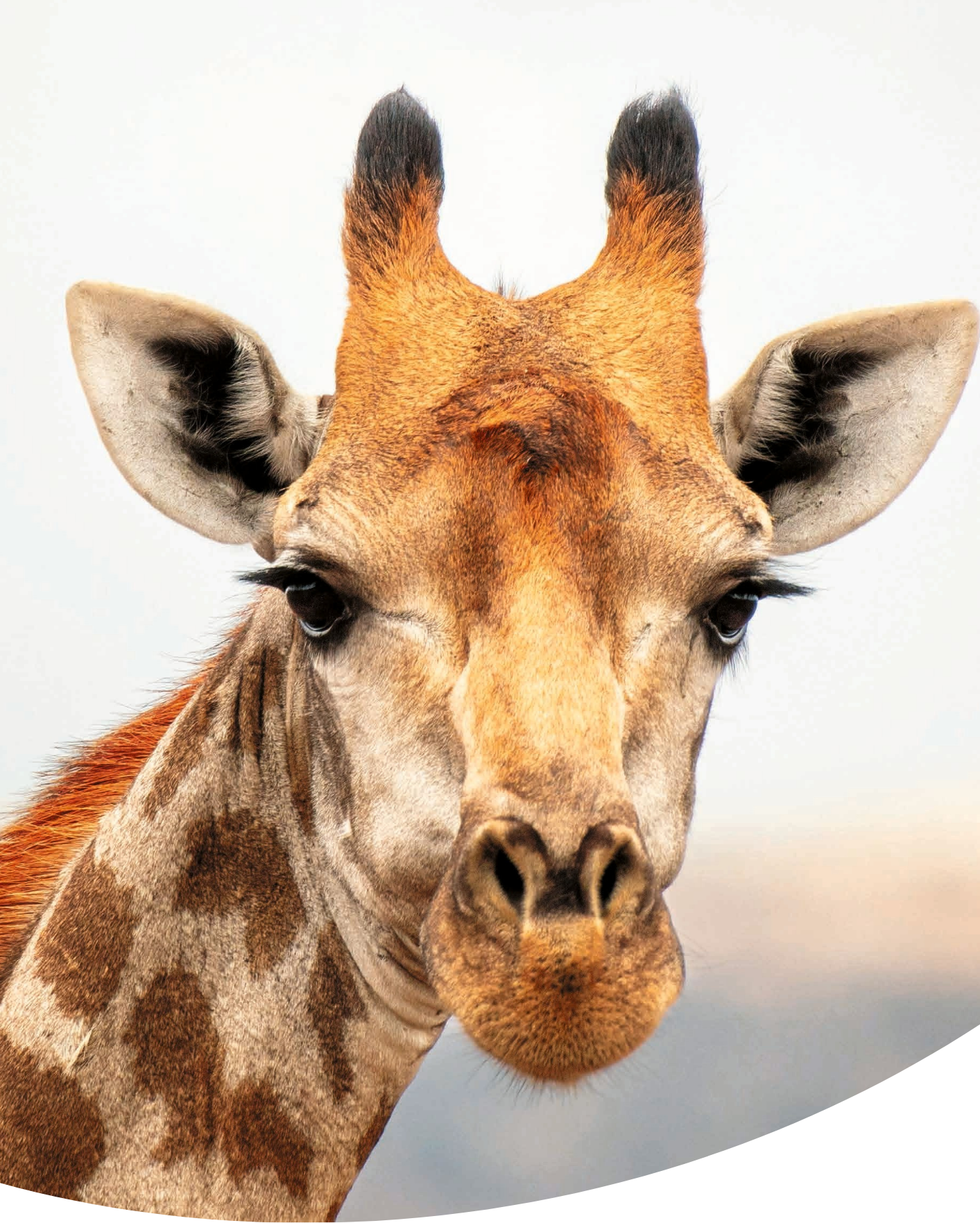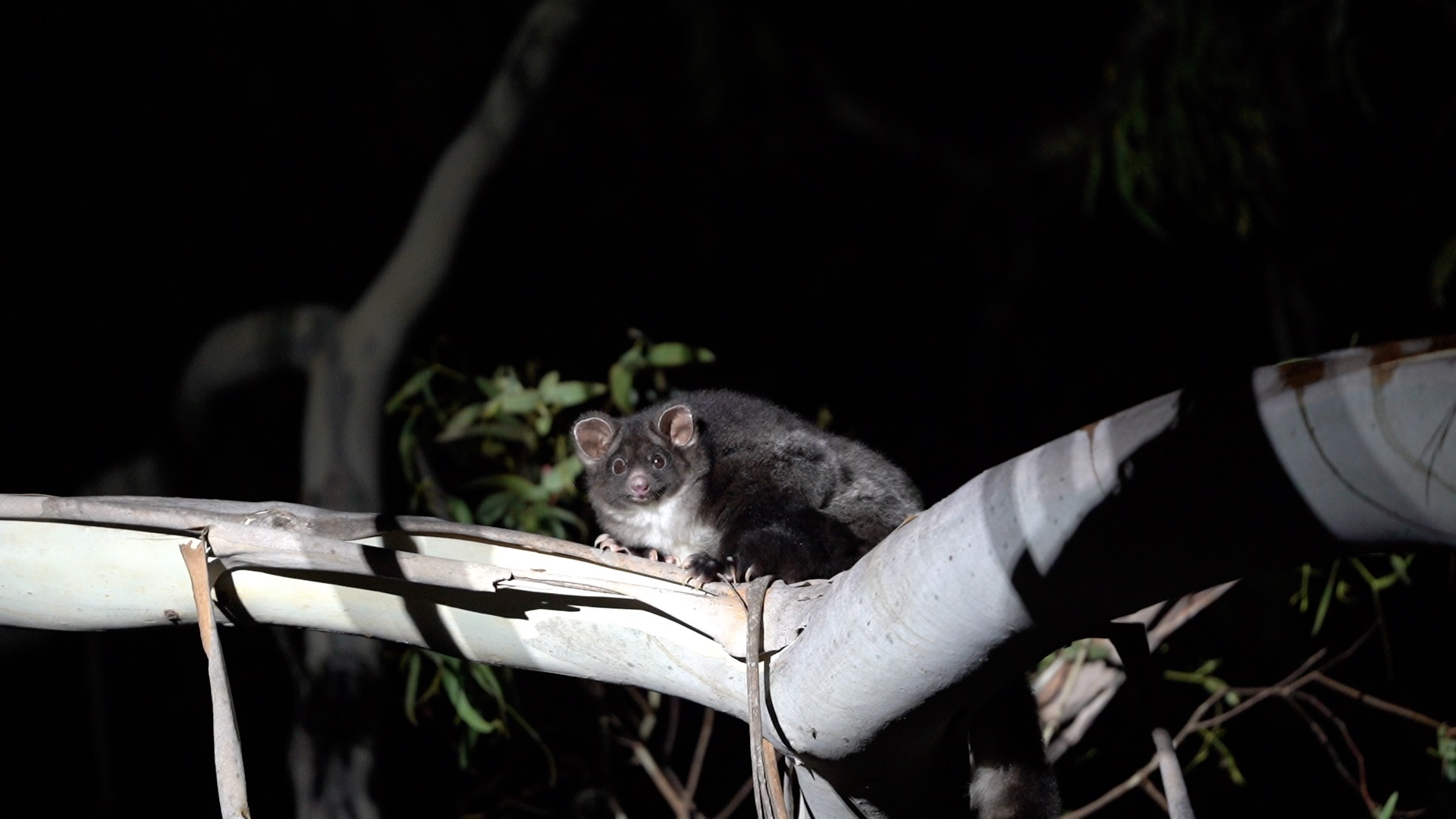Find out more about our work on federal environment reforms, the recent victory in protecting whale sharks, an update on our partner projects and lots more.
I felt the love for whales in Tonga last week, but much uncertainty over their future. Home to a flourishing whale watching industry, the island kingdom hosted Whales in a Changing Ocean, a conference bringing together Pacific island governments, scientists and advocates like myself to assess the future of whales in the Pacific.
Whale watching in Tonga thrives thanks to the recovery of its humpback whale population, made possible by a long held ban on killing whales in Tongan waters and the moratorium on commercial whaling which stopped the decimation of Pacific humpback whales in their feeding grounds in Antarctica. With harpoons for the most part retired, it is new emerging threats which put the humpback whales’ ongoing recovery at risk.

Representatives from 11 governments signed a Declaration pledging to strengthen whale conservation across the region. Image: SPREP
In working groups we looked at how climate change will affect prey for the whales by turning the oceans warmer and more acidic, and diminishing the sea ice habitats for krill populations. We considered how migrating whales have to navigate their way through a gauntlet of plastic debris and fishing gear, with a staggering 300,000 whales and dolphins estimated to be ensnared in fishing gear every year. Also raising concern are unsustainable whale watching practices risking disturbance to the whales in their critical breeding grounds.
Responding to the emergency, 11 Pacific governments signed a Declaration pledging to strengthen whale conservation across the region. They recognised that lost and abandoned fishing gear is one of the most harmful forms of marine debris for whales, and that accelerated action to prevent and significantly reduce marine pollution is needed. They committed to the production of a Whale and Dolphin Action Plan to provide a framework for conservation activities in the Pacific islands region from the years 2018 to 2023.

Workshops were held to discuss the emerging threats to whale populations.
Humane Society International offered our warm congratulations to the governments of Australia, Cook Islands, Fiji, New Caledonia, New Zealand, Palau, Papua New Guinea, Samoa, Tokelau, Tonga and Tuvalu for their commitments and our hope is that they will all find the resources needed to come good on them.
There does appear to be abundant political will. The Government of Tonga reaffirmed its commitment to the Royal Proclamation of His Majesty King Tupou IV in 1978, by re-declaring that all Tongan waters remain a Sanctuary for Whales. Ministers from other Pacific island countries also spoke of their pride in having declared their waters whale sanctuaries – 12 million square miles in all.
With the tremendous goodwill felt towards whales at the conference, it came as a surprise to hear that some within Tonga contemplate bringing the harpoons out of retirement, fuelled by nostalgia for whale meat. Fortunately, the Tonga Government holds firm with its prohibition, keen to protect the tourism industry.
You’ll sometimes hear apologists suggest that whaling is compatible with whale watching, and that the two can flourish together. But the fact is, they really can’t as an incident off the coast of St. Vincent and the Grenadines in the Caribbean made plain. There, according to local media reports, tourists on a whale-watching expedition were following a pod of four orcas when fishermen in speed boats chased down the animals and harpooned two of them right in front of the excursion group of some 40 tourists.
According to the media reports, the cruise operator involved in this latest incident, Thomson Cruises, announced that it would end all whale and dolphin-watching tours during its calls in St. Vincent. Orcas are complex creatures with strong family bonds, and killing even one member of a pod can have devastating effects on the others.

A whale swims in the waters of Tonga. Image: Colm Maher
The decision by Thomson Cruises makes pretty clear what is at stake for all parties involved in whale tourism. Their future, like the future of the whales, belongs to non-consumptive tourism and the satisfaction and opportunities that come with whale and dolphin watching, and the enjoyment of nature and hospitality in a beautiful island nation.
Ralph Gonsalves, prime minister of St. Vincent and the Grenadines, promptly announced that his government will introduce legislation outlawing the killing of orcas in the wake of the incident.
It was a solemn reminder of the wisdom of Tonga’s whale protection policies and that they are in the best interests of the whales and the Tongan economy.
The Secretariat for the South Pacific Environment Program SPREP were convenors of the Whales in a Changing Ocean conference in Tonga and HSI was proud to provide some sponsorship to help with conference costs.


